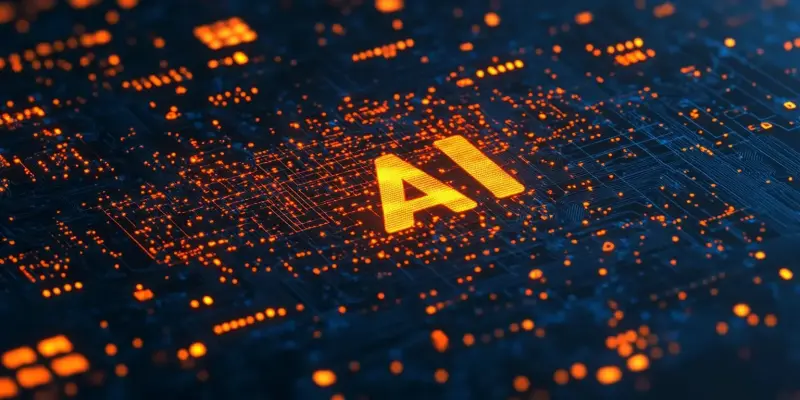The advent of artificial intelligence (AI) has been one of the most transformative technological developments in modern history, promising to redefine industries and reshape the way societies function. Despite its potential, a significant disparity exists between AI experts and the general public’s perception of AI’s future impact.Research from the Pew Research Center involving over 5,400 US adults and 1,000 AI experts highlights these differing opinions. While a majority of AI experts view AI’s impact positively, the general public remains largely skeptical. This divergence in attitudes is critical to understand as it underscores the challenge of bridging the optimism gap between those who develop AI technologies and those who reap their benefits or bear their consequences.
Optimism Among AI Experts vs. Public Skepticism
AI experts have expressed notably higher levels of optimism regarding the future impact of AI compared to the general public. According to the survey, 56% of AI experts believe that AI will have a positive impact on the US over the next two decades.In stark contrast, only 17% of the general public shares this optimistic viewpoint. This enthusiasm among AI professionals is further reflected in the finding that 47% of experts feel more excited than concerned about AI’s expanding role in daily life, while a mere 11% of US adults echo this sentiment.
Gender differences in this optimism also emerged starkly in the survey results. Among the US public, 22% of men believe AI will impact the US positively, compared to only 12% of women. Similarly, among AI experts, 63% of men are optimistic about AI’s future, whereas only 36% of female experts express the same level of optimism. This discrepancy not only reveals a gender divide but also underscores the importance of addressing diverse perspectives when advocating for AI’s potential benefits.
The AI Impact on Employment
The potential impact of AI on employment represents another significant area of divergence between experts and the public. Notably, 73% of AI experts foresee AI positively influencing job performance over the next two decades, whereas only 23% of the general public shares this expectation.While AI experts predict advancements will predominantly impact truckers and lawyers, the general public remains more concerned about job reductions among factory workers, musicians, teachers, and doctors.
Interestingly, there is common ground between experts and the public concerning certain sectors. Both groups agree that cashiers and journalists are among the roles most at risk due to AI advancements. Despite these shared concerns, the overarching public skepticism about AI-related job displacement highlights the necessity for clear communication about AI’s role in the future workforce.Bridging this gap involves demonstrating how AI can augment rather than replace human labor, thereby allaying fears of widespread unemployment.
Skepticism in Crucial Sectors and Regulatory Concerns
Concerns about AI’s role extend beyond employment, especially in pivotal sectors such as news and elections.Interestingly, only 10% of both the public and experts believe that AI will positively impact election processes. This mutual skepticism emphasizes the critical need for stringent oversight and ethical considerations in deploying AI technologies in governance and democracy.Regulatory concerns resonate deeply with both AI experts and the public. Approximately 55% of US adults and 57% of AI experts express a desire for more personal control over AI applications. This shared apprehension highlights a significant call for comprehensive regulatory frameworks to ensure AI technologies are developed and deployed responsibly. Additionally, there is widespread concern about whether companies are genuinely committed to the responsible use of AI. Skepticism is particularly prevalent among respondents from academic institutions, compared to those in private companies, pointing towards the need for transparent industry practices and robust government oversight.
Future Considerations
The emergence of artificial intelligence (AI) stands as one of the most groundbreaking technological advancements in recent history, with the potential to revolutionize industries and fundamentally alter societal dynamics.However, a notable disparity exists between how AI experts and the general public perceive AI’s future impact. The Pew Research Center conducted a study involving over 5,400 American adults and 1,000 AI specialists, revealing this divergence.While most AI experts have a positive outlook on AI’s potential, the general public remains mostly skeptical. This contrast in perspectives is crucial to understand, as it highlights the significant challenge of bridging the optimism gap between those who create AI technologies and those who ultimately experience their benefits or repercussions.Recognizing and addressing this gap is essential for fostering a balanced dialogue about the role and future impact of AI in society.

